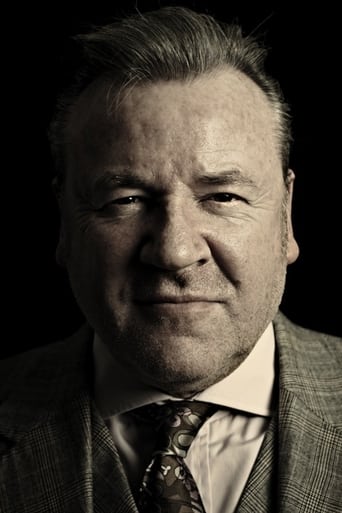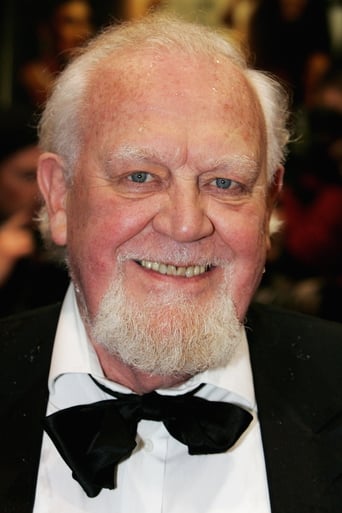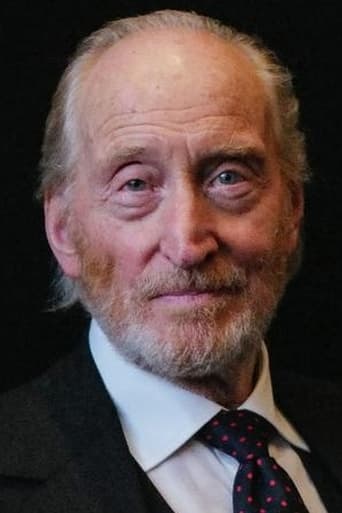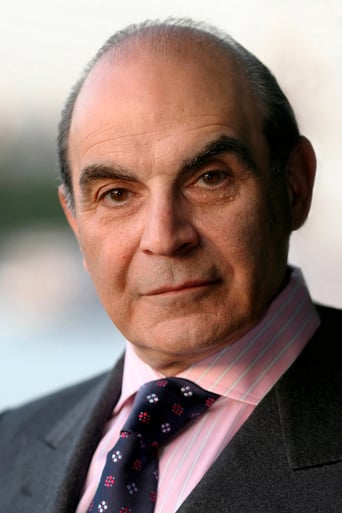BroadcastChic
Excellent, a Must See
PiraBit
if their story seems completely bonkers, almost like a feverish work of fiction, you ain't heard nothing yet.
KnotStronger
This is a must-see and one of the best documentaries - and films - of this year.
Nicole
I enjoyed watching this film and would recommend other to give it a try , (as I am) but this movie, although enjoyable to watch due to the better than average acting fails to add anything new to its storyline that is all too familiar to these types of movies.
aceellaway2010
Fatally flawed by miscasting of Title Character. Ray Winstone, may be very good playing an Eastender drunk. But Henry Vlll for all his many flaws, was a well educated, well read good looking King. This henry comes across as a small time, crude, cockney thug. I imagine that anyone who would watch this , would do so because they have some knowledge of history. I despise Henry Vlll , he murdered wives, friends, anyone who got in his way, and he did so with the power of an absolute monarch. But this miscasting is so bad that it is offensive, and one wonders who chose Winstone to play the character, whoever it was they should suffer the same fate of many of Henry's victims.
rose-249
I was a little uninterested in the idea that this film was a "waste of time". I found Peter Morgan's script to be finely executed. I think that many educated women would appreciate the dynamism of Anne Boleyn's predicament - blamed for producing "wrong" children only minutes after the births. The scene in which she is tried and condemned is streamlined so that issues of court corruption are obvious. At the same time, we are presented with a pathetically cornered Henry whose great desire is to legitimize his dynasty through the birth of a male heir. The production relies on the previous knowledge of its audience, so that when a little and perplexed Elizabeth acknowledges her mother's departure, the audience is presented with the ironic portrayal of a girl who is necessarily going to grow up fast. This is a postmodern take on the role of some women caught up in male power-play. Having said that, the film is not anti-male. The representation of the historically chronicled Thomas Cranmer, for instance, is very subtle. When asked by Henry why Anne did not accept an alternative to execution, Cranmer points out that Anne found it "unnecessary" to confess to charges of adultery. Those of us who have already seen the Burton/Bujold "Anne of a Thousand Days" or the Keith Michell "Henry VIII" or the many other representations of an intriguing Tudor court, will see the political understatement as well as human exploration in this production.
wgkyle
There is no doubt whatsoever that the producers of this work have taken extreme liberties in the telling of the story, and employed a few outright falsehoods. Nevertheless, if one is able to leave behind expectations for a true-to-the-books account, it is a fun show to watch.Bad Things: Some of the costumes were not great, but there were also some that were spot-on for the period; the armour was atrocious, and the jousting pretty hokey (coming from someone who's done it before). And I certainly don't think Henry was as pliable and weak-willed as he is made out to be. The dissolution of the monasteries wasn't nearly so bloody and violent (another reviewer correctly described it as looking like a scene out of a viking rape-and-pillage film).Good Things: I think the acting was superb, especially from the supporting cast: Cranmer, Cromwell, Wolsey, Gardiner, Robert Aske. And speaking of Aske, for all the inaccuracies in the movie it is the only one that has given the Pilgrimage of Grace the incredibly significant role it actually played during Henry's reign; the details of the Pilgrimage are far too complicated to go into here, but even though much of the details were abbreviated or changed, the very fact that the producers gave a nod to this important event went a long way with me. Suffice to say that Henry's rule could have been swamped and swept away by the Pilgrimage, something Henry and his contemporaries were well aware of and was a consideration which guided their domestic policies for many years afterwards. The movie was limited by the length it could be to go into details concerning the 36-year reign of the monarch, and understandably had to 'pick its battles'. As such, it did leave a lot out about the religious crisis and split with Rome, as well as the effects of religious turmoil on the political situation at home and abroad. If they'd had another 4 hours, they could have covered more things to a greater extent, but most folks have trouble sitting through a ninety-minute movie.Overall, a worth watching but don't expect a history lesson. Besides, we need to worry about anyone who DOES expect a history lesson from a movie...
ejj1955
I second most of the comments already made about the historical inaccuracy of this program, but want to add yet another quibble: the scenes that purport to show the dissolution of the monasteries. What a bunch of hooey! I thought I was watching a scene from some movie of the Vikings raiding and pillaging the English coast. What actually happened was that inspectors were sent around and anything of value was methodically stripped and either taken for the royal treasury or sold; the monasteries were then pulled down, bells were melted, etc.; the monks and nuns were given pensions. It's true that servants were turned off without work, causing hardship; it's also true that those who were especially obdurate were tried and executed, but the slashing swords and burning monks fleeing from buildings were complete inventions of the filmmakers. I just don't see the point--fiction is the name for this (not even historical fiction--just fiction).




